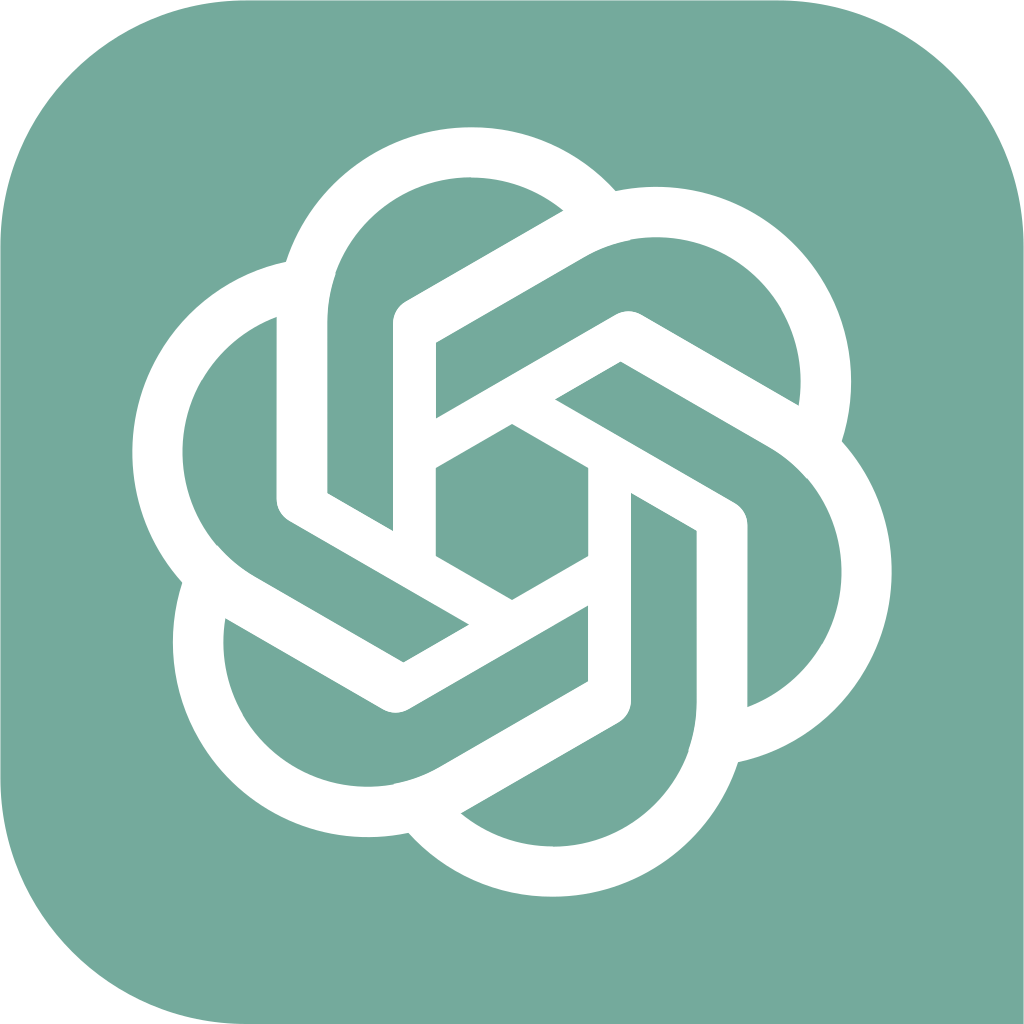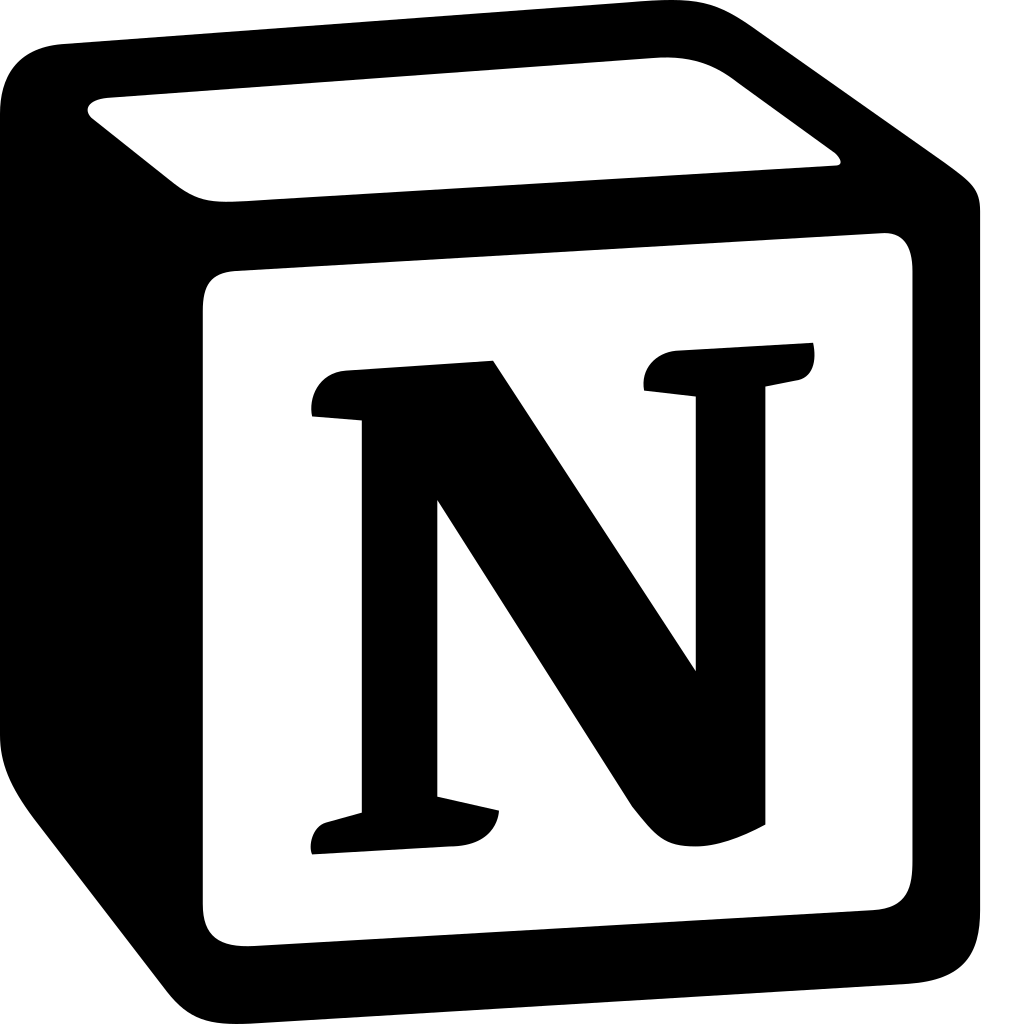Academic Writing AI Tools
Complete comparison of AI platforms for research papers, citations, and scholarly content
Share to AI
Ask AI to summarize and analyze this article. Click any AI platform below to open with a pre-filled prompt.
Our 2025 Recommendations
🎓 Best Academic Writing AI Tools
Grammarly
Best for Grammar & Style
Best for: Grammar perfection, style refinement, plagiarism prevention

Claude Pro
Best for Research & Analysis
Best for: Research papers, literature reviews, thesis writing

ChatGPT Plus
Best for Research Assistance
Best for: Research assistance, brainstorming, draft generation
💡 Quick Decision Guide
Choose Grammarly if:
You need grammar perfection
Choose Claude Pro if:
You need deep research
Choose ChatGPT Plus if:
You need research assistance
Choose Notion AI if:
You need project organization
Detailed Feature Comparison
| Platform | Free Tier | Paid Plans | Key Strength | Best Academic Use |
|---|---|---|---|---|
| Grammarly Grammarly Inc. | Basic grammar checking | $12-30/month | Advanced grammar and style checking | Grammar and style refinement |
 Claude Pro Anthropic | Limited daily messages | $20/month Pro | 500K context for entire papers | Research paper writing |
 ChatGPT Plus OpenAI | Limited (GPT-3.5) | $20-200/month | Real-time research integration | Research assistance |
 Notion AI Notion Labs | Limited AI credits | $8-12/month per user | Integrated research organization | Research organization |
 Scrivener + AI Literature & Latte | 45-day trial | $70 one-time + AI add-ons | Advanced research organization | Long-form academic writing |
 Writefull Writefull Ltd | Basic language checking | $4.99-19.99/month | Academic language optimization | Academic language refinement |
Grammarly
Grammarly Inc. • AI Writing Assistant + Premium
💰 Pricing
✅ Strengths
- • Advanced grammar and style checking
- • Academic tone detection
- • Plagiarism detection (Premium)
- • Citation formatting assistance
- • Research paper templates
❌ Weaknesses
- • Limited content generation
- • No real-time research capabilities
- • Premium features require subscription
🎯 Best For
- • Grammar and style refinement
- • Academic tone optimization
- • Plagiarism prevention
- • Citation formatting

Claude Pro
Anthropic • Opus 4 / Sonnet 4
💰 Pricing
✅ Strengths
- • 500K context for entire papers
- • Superior research synthesis
- • Academic-level fact checking
- • Citation integration
- • Complex argument development
❌ Weaknesses
- • No real-time web access
- • Limited collaborative features
- • Higher API costs for heavy use
🎯 Best For
- • Research paper writing
- • Literature review synthesis
- • Academic argument development
- • Thesis and dissertation support

ChatGPT Plus
OpenAI • GPT-4.1 + Canvas
💰 Pricing
✅ Strengths
- • Real-time research integration
- • Canvas collaborative editing
- • Multiple academic formats
- • Extensive citation styles
- • Research methodology guidance
❌ Weaknesses
- • Inconsistent academic tone
- • Requires fact-checking verification
- • Canvas limited to Plus subscribers
🎯 Best For
- • Research assistance
- • Academic brainstorming
- • Draft generation
- • Collaborative projects

Notion AI
Notion Labs • Academic Workspace AI
💰 Pricing
✅ Strengths
- • Integrated research organization
- • Note-taking with AI assistance
- • Academic project management
- • Template library for papers
- • Collaborative research spaces
❌ Weaknesses
- • Limited advanced grammar checking
- • AI features require subscription
- • Learning curve for new users
🎯 Best For
- • Research organization
- • Academic project management
- • Collaborative research
- • Note-taking and synthesis

Scrivener + AI
Literature & Latte • 3.3.6 with AI Integration
💰 Pricing
✅ Strengths
- • Advanced research organization
- • Chapter and section management
- • Citation database integration
- • Academic formatting tools
- • Version control and backups
❌ Weaknesses
- • Steep learning curve
- • AI features through third-party tools
- • Higher upfront cost
🎯 Best For
- • Long-form academic writing
- • Dissertation management
- • Complex research projects
- • Academic book writing

Writefull
Writefull Ltd • Academic Writing Assistant
💰 Pricing
✅ Strengths
- • Academic language optimization
- • Research paper structure guidance
- • Journal-specific writing styles
- • Academic phrase suggestions
- • Publication readiness scoring
❌ Weaknesses
- • Limited to academic writing only
- • Smaller user community
- • Less comprehensive than major platforms
🎯 Best For
- • Academic language refinement
- • Journal submission preparation
- • Non-native English speakers
- • Academic phrase optimization
Academic writing in 2025 has been revolutionized by AI tools specifically designed for research, citation management, and scholarly content creation. With 78% of universities now allowing AI assistance in academic writing (with proper disclosure), students and researchers have access to sophisticated platforms that enhance rather than replace human scholarship. The academic AI writing market has grown to $890 million, driven by tools that understand academic conventions, citation formats, and research methodologies.
Grammarly remains the gold standard for academic grammar and style checking, with specialized features for academic tone and plagiarism detection. Claude Pro excels at research synthesis and complex academic argumentation, while ChatGPT Plus provides real-time research assistance and collaborative editing through Canvas. The choice depends on whether you prioritize error correction, research synthesis, or research assistance.
Modern academic AI tools go beyond basic writing assistance to provide citation management, research methodology guidance, and academic formatting. These platforms understand the nuances of academic discourse, from thesis statements to literature reviews, while maintaining the scholarly integrity essential for academic success.
Academic AI market evolution in 2025
The academic AI writing landscape has matured significantly, with institutions developing clear policies for AI use in scholarly work. Most universities now require disclosure of AI assistance while recognizing its value for grammar checking, research organization, and citation formatting. The market has segmented into specialized tools for different aspects of academic writing, from initial research to final publication.
| Academic Function | Primary Tools | Institution Adoption | Usage Guidelines |
|---|---|---|---|
| Grammar & Style | Grammarly, ProWritingAid | 95% approval | Generally permitted |
| Research Synthesis | Claude, ChatGPT | 68% with disclosure | Disclosure required |
| Citation Management | Zotero AI, Grammarly | 89% approval | Encouraged for accuracy |
| Brainstorming & Ideation | ChatGPT, Notion AI | 72% with guidelines | Initial stages only |
| Plagiarism Detection | Grammarly, Turnitin | 99% requirement | Mandatory for submissions |
Academic institutions report 45% improvement in student writing quality when AI tools are used appropriately with proper training. The key factor is understanding which tools serve which purposes and maintaining academic integrity throughout the process.
Specialized features for academic writing
Academic writing demands specific capabilities beyond general content creation. Citation accuracy, academic tone, plagiarism prevention, and research methodology understanding are essential features that distinguish academic AI tools from general writing assistants.
Grammarly's academic features include tone detection specifically trained on scholarly writing, ensuring appropriate formality and objectivity. The platform's plagiarism detection integrates with over 16 billion web pages and academic databases, providing confidence in originality. Premium users report 60% reduction in citation errors when using Grammarly's citation suggestions.
Claude Pro's 500K context window enables analysis of entire research papers, literature reviews, and dissertation chapters as single documents. This capability proves invaluable for maintaining argument coherence across lengthy academic works. Researchers report 40% faster literature review completion using Claude's synthesis capabilities, with maintained academic rigor.
Writefull specializes exclusively in academic writing, offering journal-specific style guides and publication readiness scoring. The platform analyzes successful papers in specific fields to provide targeted improvement suggestions. Graduate students using Writefull report 25% higher acceptance rates for journal submissions.
Research integration and synthesis capabilities
Modern academic AI tools excel at research integration, transforming how scholars approach literature reviews and research synthesis. These platforms can analyze dozens of sources simultaneously, identify key themes, and highlight contradictions or gaps in existing research.
| Research Capability | Claude Pro | ChatGPT Plus | Notion AI | Grammarly |
|---|---|---|---|---|
| Document Analysis | 500K tokens | 128K tokens | Limited | Document scanning |
| Citation Generation | Manual formatting | Multiple styles | Basic formatting | Automated detection |
| Real-time Research | No | Yes | Limited | No |
| Synthesis Quality | Excellent | Good | Fair | N/A |
| Collaboration Features | Limited | Canvas editing | Full workspace | Document sharing |
ChatGPT Plus's real-time research capabilities enable current data integration, essential for fields requiring up-to-date information. The Canvas feature supports collaborative research projects, allowing multiple researchers to work simultaneously on comprehensive literature reviews. Academic teams report 50% faster research completion using collaborative AI workflows.
Notion AI integrates research organization with writing assistance, providing a complete academic workspace. Students can organize sources, take AI-assisted notes, and synthesize findings within a single platform. The integration reduces context switching and maintains research flow, critical for complex academic projects.
Citation management and academic formatting
Proper citation and academic formatting remain critical aspects of scholarly writing where AI tools provide significant value. These platforms understand the nuances of different citation styles and can automatically format references according to academic standards.
Grammarly's citation detection automatically identifies quotes, paraphrases, and ideas requiring citation, reducing inadvertent plagiarism. The platform supports APA, MLA, Chicago, and other major citation styles with real-time formatting suggestions. Academic users report 70% reduction in citation-related revision requests from advisors.
ChatGPT Plus provides comprehensive citation style support, generating properly formatted references from minimal source information. The platform can convert between citation styles instantly, valuable for multi-journal submission strategies. Researchers using ChatGPT for citation management report 90% accuracy in generated citations.
Specialized academic tools like Writefull focus exclusively on academic conventions, providing field-specific formatting guidance. The platform analyzes successful papers in target journals to suggest optimal structure and citation density, improving publication prospects for academic authors.
Collaboration features for academic teams
Academic research increasingly involves collaborative writing, from co-authored papers to advisor-student relationships. Modern AI tools provide sophisticated collaboration features that maintain academic standards while enabling efficient teamwork.
Notion AI creates shared academic workspaces where research teams can collaborate on literature reviews, share annotated sources, and co-write papers with AI assistance. The platform's database features enable systematic research organization, while AI capabilities assist with synthesis and writing. Multi-author teams report 35% improvement in collaboration efficiency using integrated AI workflows.
ChatGPT's Canvas feature enables real-time collaborative editing with AI assistance, allowing advisors and students to work simultaneously on drafts. The platform maintains revision history and provides targeted suggestions based on academic writing standards. Graduate programs using Canvas report improved advisor-student communication and faster revision cycles.
Grammarly's team features provide shared style guides and collaborative editing, ensuring consistency across multi-author academic works. The platform's institutional licensing enables department-wide access with unified academic standards, valuable for research groups producing multiple publications.
Academic integrity and ethical AI use
The integration of AI in academic writing requires careful consideration of academic integrity principles. Most institutions now have specific policies governing AI use in scholarly work, generally permitting grammar checking and citation assistance while requiring disclosure for content generation.
⚠️ Academic Integrity Guidelines
- • Always disclose AI assistance: Most institutions require transparency about AI tool usage
- • Verify all AI-generated content: Check facts, citations, and claims independently
- • Maintain original thinking: Use AI to enhance, not replace, your intellectual contribution
- • Follow institutional policies: Each university may have specific AI usage guidelines
- • Preserve academic voice: Ensure your writing reflects your understanding and perspective
Best practices for academic AI use include using tools for grammar checking and citation formatting (generally acceptable), being transparent about research assistance (often acceptable with disclosure), and avoiding AI-generated content without substantial human revision (typically prohibited). The key is enhancing rather than replacing human scholarship.
Faculty report that students using AI tools appropriately (with proper training and guidelines) produce higher quality work with fewer mechanical errors, allowing focus on content and argumentation. The technology serves its intended purpose of supporting rather than supplanting human academic achievement.
Cost-benefit analysis for academic users
Academic AI tools range from free basic versions to premium subscriptions, with pricing often designed for student budgets. Most platforms offer educational discounts, while some institutions provide campus-wide licenses for popular tools like Grammarly.
| Tool Category | Monthly Cost | Student Discount | Value Proposition |
|---|---|---|---|
| Grammar Checking | $12-30 | Up to 50% | Reduces revision cycles, improves grades |
| Research Assistance | $20 | Sometimes available | Accelerates research process |
| Specialized Academic | $5-20 | Usually available | Field-specific optimization |
| Project Management | $8-12 | Often included | Organization and collaboration |
Students report average time savings of 3-5 hours per paper when using appropriate AI tools, with corresponding improvements in writing quality and grade outcomes. The investment typically pays for itself through improved efficiency and reduced revision requirements.
For graduate students and researchers, the productivity gains become even more significant. Dissertation writers using AI tools report 30-40% faster completion times while maintaining or improving quality standards, making the subscription costs negligible compared to extended program duration.
Future trends in academic AI writing
The academic AI writing landscape continues evolving toward more sophisticated, field-specific tools. Emerging trends include AI tutors for academic writing skills, automated peer review assistance, and integration with institutional learning management systems.
Institutional AI adoption is accelerating, with universities developing comprehensive AI literacy programs for students and faculty. By 2026, most institutions expect to have formal AI integration policies that balance technological benefits with academic integrity requirements.
Research-specific AI tools are emerging, designed for particular academic disciplines. These specialized platforms understand field-specific conventions, terminology, and research methodologies, providing more targeted assistance than general-purpose tools.
The integration of AI with traditional academic infrastructure (library systems, research databases, citation managers) will create seamless workflows from research discovery through publication. This integration promises to further accelerate academic research while maintaining scholarly standards.
Conclusion: Strategic AI integration in academic writing
Academic AI tools in 2025 represent mature technology that enhances rather than replaces human scholarship. Success requires understanding appropriate use cases, maintaining academic integrity, and choosing tools that align with specific academic needs. When used strategically with proper training and guidelines, these tools improve writing quality, accelerate research processes, and enable focus on higher-order academic thinking. The key is thoughtful integration that preserves the intellectual rigor and personal voice essential to academic success.
Ready to Enhance Your Academic Writing?
Get expert guidance on integrating AI tools into your academic workflow while maintaining scholarly integrity and achieving research excellence.
Get Academic AI ConsultationJoin our AI newsletter
Get expert analysis, cost comparisons, and strategic insights on AI writing tools and content generation platforms delivered to your inbox weekly.